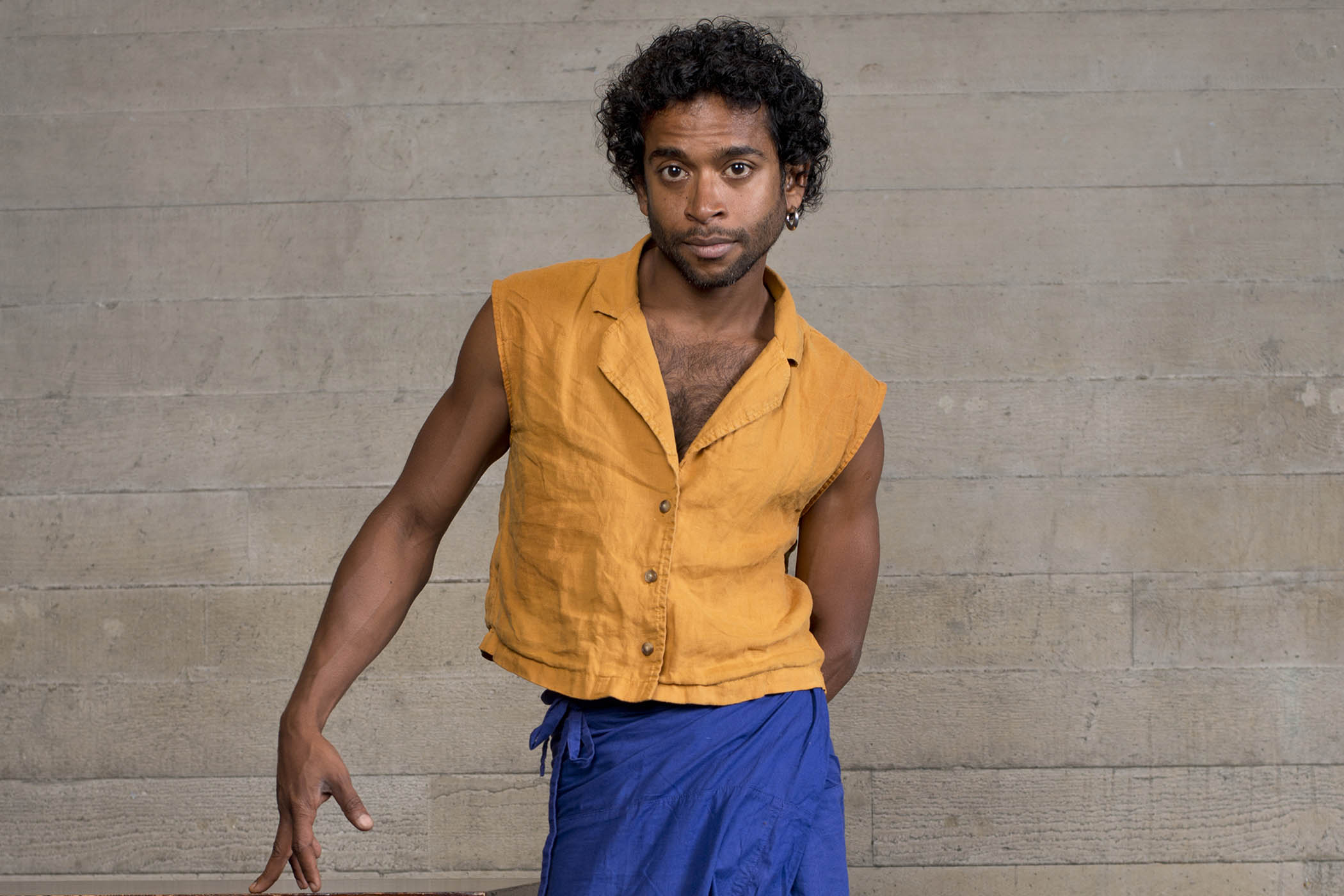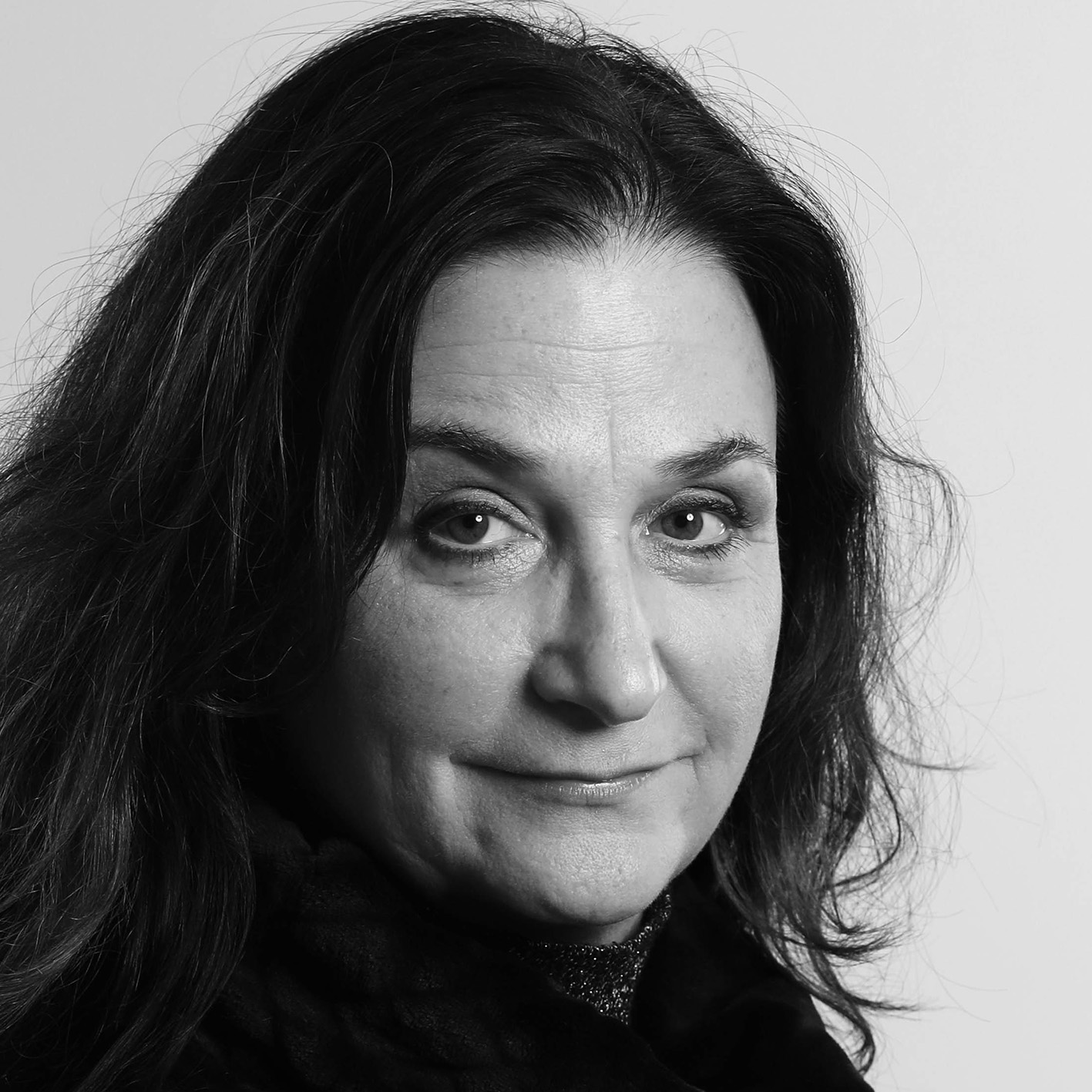The Sri Lankan actor Hiran Abeysekera was born in Colombo and grew up during the country’s civil war. He performed in British Council productions as a young man and in 2008 moved to Britain to take up a place at Rada. He was cast as Pi Patel in the stage adaptation of The Life of Pi, winning an Olivier award. He was also Puck in the BBC’s 2016 film of A Midsummer Night’s Dream, which followed his portrayal of Peter Pan at the Regent’s Park Open Air theatre. Abeysekera has set up a studio theatre in Sri Lanka, but mostly lives in a shared house in Deptford, south London. He is now in rehearsal at the National theatre, preparing to play Hamlet for director Robert Hastie.
You’ve been described more than once as ‘impish’, having played both Puck and Peter Pan. Is this something you can lean into, or do you find it annoying?
We all have different versions of ourselves, so I’d like to believe it’s just part of my range and I’m capable of doing much more. But it’s hard for people to imagine that. They tend to think, “Oh, yeah that’s what you are good at. Just keep doing that.” Fortunately, there are some who want to challenge me and see what I come up with. I didn’t arrive at the National with an idea of how to play Hamlet, but I do think he’s hilarious. I think of him as a bit like a stand-up, but I’m still finding my way.
What do you miss about your childhood days in Sri Lanka?
I stayed at my grandparents’ house near Colombo for lots of my childhood. It was pretty normal, in spite of the civil war. I climbed trees with friends and ate fruit. It was fun. I go back as often as I can and will probably be on a plane in December. My parents are over there and I miss them. The little theatre space I opened there after Covid is up and running now, but certain things are weighing on my mind, like repairing the roof. We did a play by Tarell Alvin McCraney there, The Brothers Size, and we want to tour with it, so I’m excited to get back.
Has the conflict in Sri Lanka helped you imagine Hamlet’s world, where war threatens?
My childhood wasn’t sad, but, yes, fear seeped through. It’s funny you ask, because I haven’t really dealt with all of that tragedy, growing up there. It became normal. That’s the crazy thing about humans: you can throw anything at us and we just continue. But it takes its toll and I haven’t addressed those things until recently. I’m sure I draw on them in my work, though. Where I do crack, or crumble, is in matters of the heart, so I’ve paid for it in my relationships. I get an unsettled feeling, perhaps because the war made me feel like anything can happen. As a kid, one of my biggest worries was getting on a bus and it blowing up.
What drew you to the stage?
I thrive on chaos. It must be the way the stars were aligned when I was born. But I need a channel for my energy, otherwise I go kind of kooky. So I enjoy that moment in the wings before I go on. It’s exhilarating. All this excitement and fear rushes through me.
As a kid I didn’t go to the theatre much, or act, until I got into a detention programme run by my English teacher and found it was fun. Then I went to auditions for Romeo and Juliet and met the director Willi Richards, who changed my life completely by bringing me over to act in England. I would probably be married with kids [in Sri Lanka] if that hadn’t happened.
Have you noticed symptoms of ‘the Hamlet effect’, said to disturb actors playing the role?
About two weeks prior to rehearsals my personal life was quite hectic and I wondered why it was. I was told I was being very melodramatic. A few days ago I realised it was because I was working on this play. Everything happening in my life was clicking with the words [Shakespeare] wrote 400 years ago. I lost it for a bit, which was mad. Some of Hamlet’s monologues, like, “Oh, what a rogue and peasant slave am I,” talk about insecurity and feeling that everybody else is better. Well, that is all becoming very real for me. It is weird that Hamlet is bringing things to light.
Do you enjoy London life?
When I first came over here with Willi, I was always grateful and on my best behaviour. Now I’m trying not to be so scared, because nobody makes all the right choices.
I live in a very eccentric communal household, so I feel quite normal there. I share with Willi and his partner Chris Mazeika, who are good home-makers, and 10 other people. We are a family.
Did playing Horatio to Paapa Essiedu’s Hamlet in 2016 make a difference to how you see the lead role now?
Paapa was amazing. Night after night, as he was doing it, I thought this was extraordinary, like an engine. It left an impression, I’m sure. It’s always brave to attempt Hamlet when so many stunning actors have done it already. But a smart friend of mine suggested that I just connect to the energy of all those other actors, so that I am absorbing the history, rather than going against it.
The NT was criticised by some for putting a trigger warning on this production of Hamlet. What did you think of that?
It didn’t bother me at all. I mean – sorry, spoiler alert – everyone dies! This is definitely something I don’t need to have an opinion on. When I was little, my mother always paraphrased the wisdom of Sherlock Holmes in Arthur Conan Doyle’s story A Study in Scarlet. If she didn’t want to answer a question, she would simply say: “My mind is not an attic, son. I throw away the things I don’t need.” I agree. If I had to have a view on everything, I would be faster to lose my mind.
Newsletters
Choose the newsletters you want to receive
View more
For information about how The Observer protects your data, read our Privacy Policy
Photograph by Sophia Evans for The Observer

